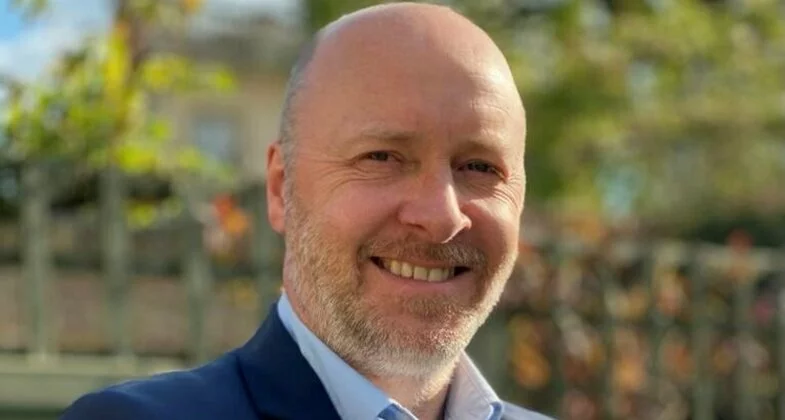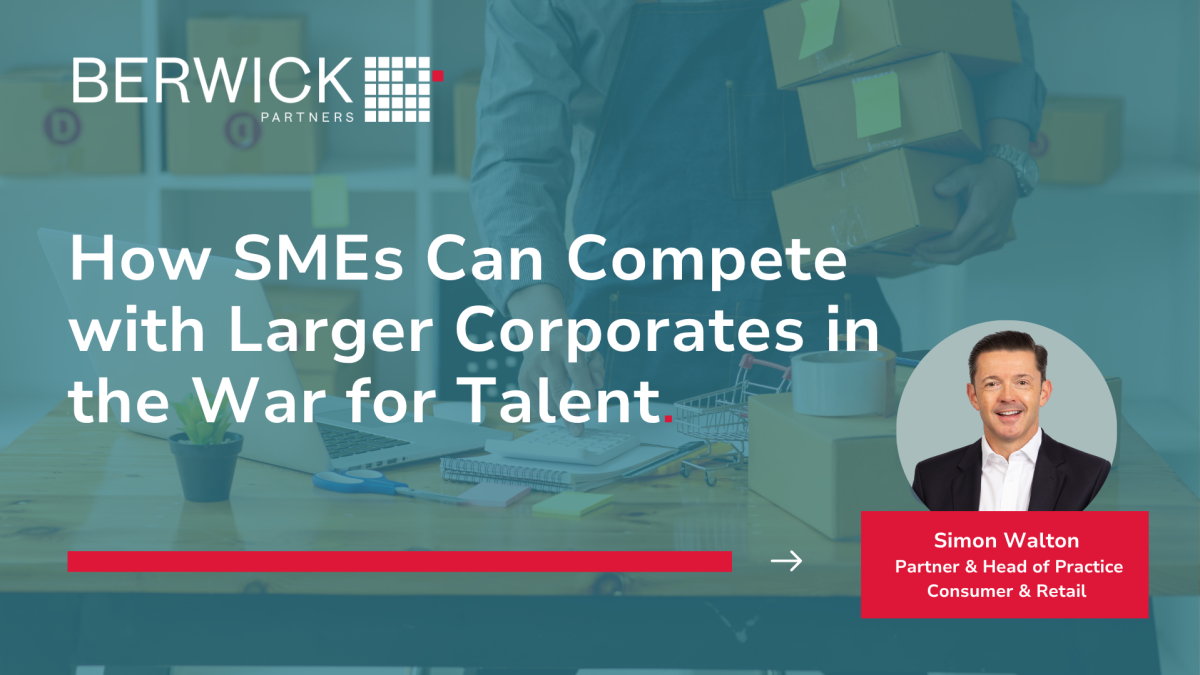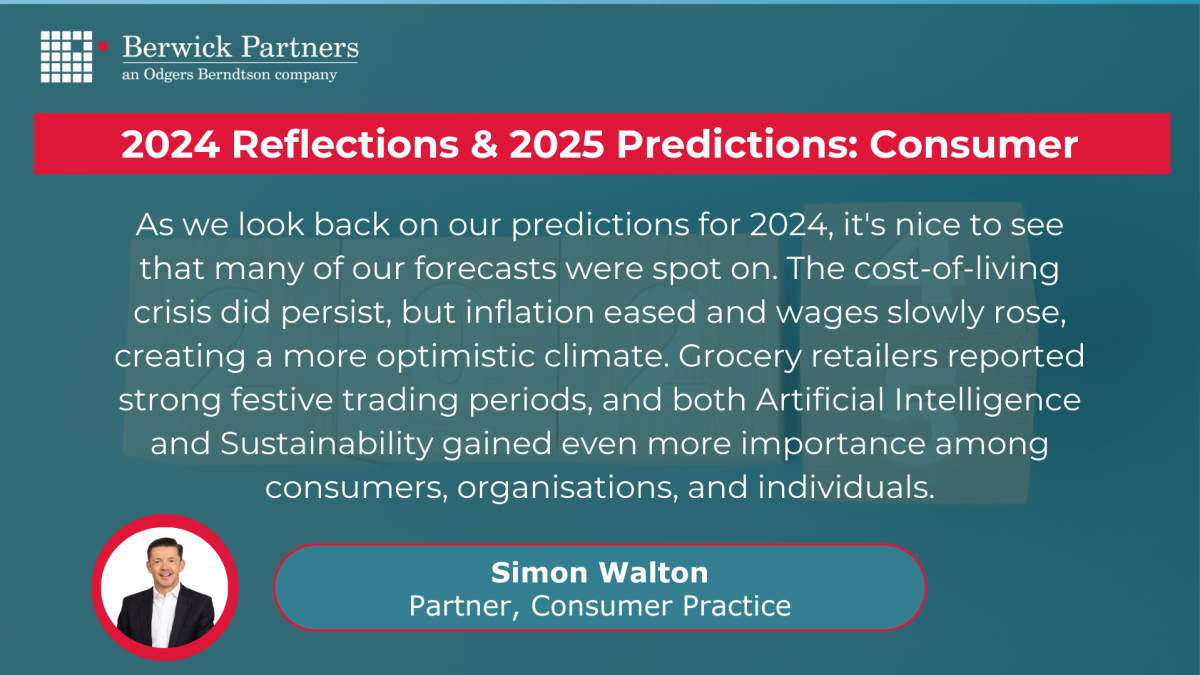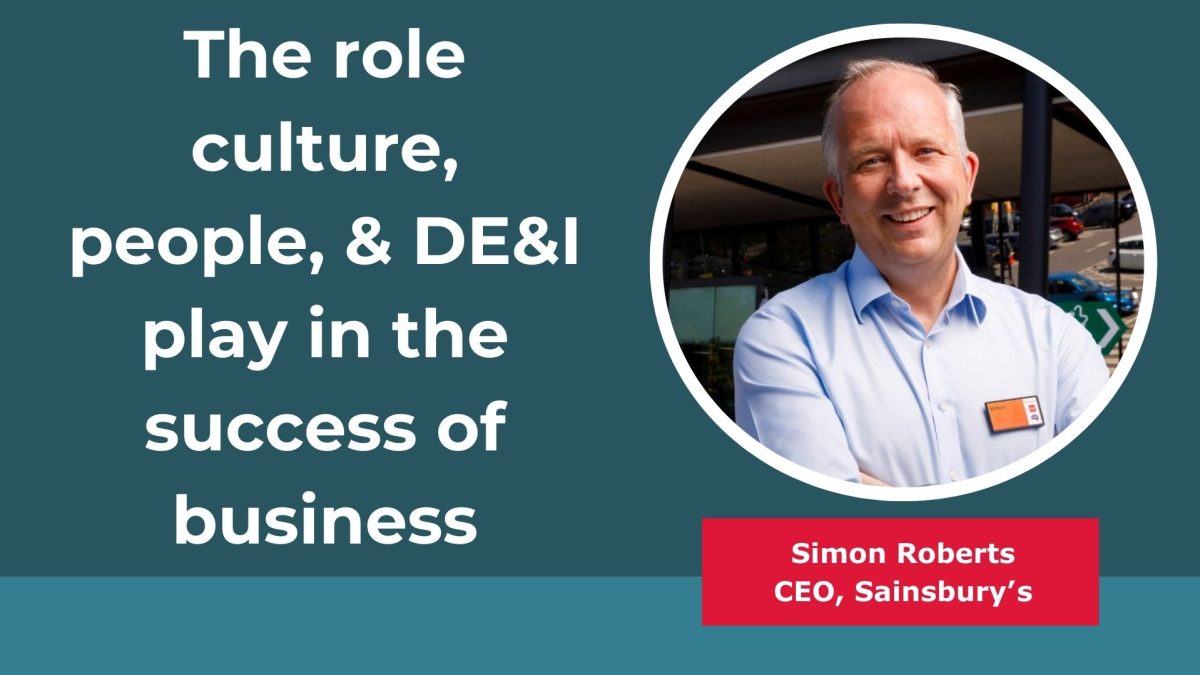Five minutes with…Jared Griffiths, Head of Procurement for Europe at SC Johnson Lifestyle Brands
People Against Dirty came from the merger of two of the most sustainable brands and businesses in the industry, Ecover and Method, who believe in using the power of their business to create positive social and environmental change and in doing so, positions them as a market leader when it comes to sustainability. After being acquired by SC Johnson, they now operate within the SCJ Lifestyle Brands business unit.
Jared Griffiths joined the business in 2016 as the Head of Procurement for Europe, having previously worked for some of the world’s largest consumer businesses including Unilever and GSK. Tasked with creating a strategic, business enabling function, Jared has ensured that procurement is a key enabler in the organisation’s sustainability agenda, driving innovation and commercial benefits that are admired throughout the industry.
We speak to Jared about sustainability within SC Johnson Lifestyle Brands and what advice he has for other organisations who are at the start of their journey.
Can you explain how embedded sustainability is in the DNA of the business?
It’s the cornerstone of the business before anything else. That might sound like a sound bite, but the original Brand in the organisation was Ecover, whose original aim was to produce cleaning products that did not have any phosphates in them, which at the time very few companies were doing. It was really sustainability that pushed the business to be created in the first place – a sustainable idea became the genesis of a company. Then when Ecover and Method merged, you had the joining of two of the most sustainable brands in Europe. Sustainability is not just in our DNA, it is the DNA and is core to everything we do.
How is sustainability spoken about at Board level?
We talk about sustainability as being a driver for innovation, which we can leverage and drive incremental sales. We have built a lot of credibility in this space, so it’s now about how we can do more to drive further revenue, but also how we can do more just because we can.
Conversations regarding sustainability happen frequently and are embedded in almost everything that we do. It’s not top down or bottom up, it’s infused within the business and we all believe it’s core to our individual, as well as business objectives.
With every project we have sales and commercial targets, but we also always look at sustainability – understanding if the project has delivered something that is either truly transformational or a considerable iteration of where we were before. This could be anything from plastic reduction or its removal entirely, improving the level of bio-based material in our raw materials or working with businesses that have invested in sustainability themselves; it is always part of the conversation.
What role does procurement play in this and how has it changed from when you arrived?
When I went into the organisation, strategic procurement didn’t really exist as it was transitioning from what had been an operational function. We naturally had to work hard to ensure we had a seat at the table to ensure procurement was involved in the process.
In terms of sustainability, we were always able to bring new ideas to the table, everyone was looking to hear different ideas, regardless of where it comes from.
There are three areas where procurement could add value with regards to sustainability. One is through the normal sourcing process where we will try and identify new versions of what we are already buying which are more sustainable or from a more sustainable supplier base. That is the common or traditional procurement activity and is nothing more than good practice.
The next is utilising the relationships we have with suppliers to bring in new ideas, innovation opportunities or technologies to the business, that they would not have had visibility to without us – Procurement acting as the gateway to the outside world.
The third is supporting the long-term innovation development team, that has a lens which looks three – five years ahead. Here, we may be looking at technologies, platforms and components that do not exist yet, for example, creating something that is bespoke, such as raw materials from waste products or plastic resins from biodegradable sources. Procurement is responsible for providing commercial support to the development team. It is easy for silos in a business to get excited by initiatives, but they need to be done in a commercially effective way, whilst managing the potential for risk. And we have the necessity of ensuring that new technologies and suppliers can be accounted for in the overall Procurement strategy, without introducing limitations.
Have you seen an evolution of skills required from procurement professionals in order to think sustainably?
Procurement needs to understand where it can add value to a process, not in how much we do, but in what we do and why we are doing it. It is the understanding of how we bring value to the NPD process – not just the supply chain. That may be reducing the complexity of the manufacturing environment, or driving efficiencies in the logistics process, in addition to managing relationships with our suppliers. Or by driving NPD to a more commercially efficient and secure Product.
We need to adopt a business partnering approach to understand what the business needs, not just what it wants. You need a holistic understanding of how the business works in its entirety and how functions link together. The ability to understand this is amongst the key skills I look for. I need a team that always has one eye on every part of the business, not just focused on cost and suppliers.
You can teach someone how to negotiate or write a strategy, but I look for people that are willing to challenge the status quo and find a solution to the problems faced in a business. The brands that grow fastest are the challenger brands and that means we need people who challenge traditional thinking and bring new solutions to the business in every area.
As an SME how do you ensure your suppliers are also acting sustainably?
The simplest step is partnering with people who have the same views and aspirations around sustainability. That specific choice means you are already heading in the right direction.
We also ensure we have a true partnership approach; this is mutually beneficial as we can have a greater influence in what they are doing, and they can come to us with innovative ideas and opportunities.
There are other more basic steps such as enforcing our sustainability code of conduct onto our suppliers, further down the line we might ask for the right to audit our suppliers carbon emissions or review how they are buying their energy. Creating this visibility in their organisation, will highlight their gaps and identify where they need to make improvements, which leads them to focus more on sustainability.
Has this approach driven innovation opportunities with your suppliers?
Yes, our position is so well respected that suppliers will sometimes come to us first, even though they could go to larger organisations. We work in partnership with suppliers and co-develop products. We are also happy to work with smaller volumes and at a higher price point in order to understand what benefit something may actually have.
We’ve always worked in a different way because we didn’t have the scale or resources to operate like large corporates before we were acquired by SC Johnson, so we make it easier for smaller organisations to come to us with ideas. It does not always work, but it is nice to be at the forefront of this. Some of the work we are doing to radically dematerialise certain products is exciting. We are looking at how certain products have been traditionally packaged and how we can work with our suppliers to think differently to make things more efficient. It means we are producing something that no-one else is which has huge commercial benefits.
Is there an increased cost associated from acting sustainably?
A procurement leader is tasked with thinking differently and finding solutions to problems. You cannot think that buying something that is more expensive also means there is an increased cost, you need a long-term view. For example, can you look at a gain-share opportunity if introducing a more sustainable technology, or can you look at joint marketing campaigns. It may be as simple as allocating more spend with a supplier, providing they look at building a sustainability capability.
If you push each supplier for a more sustainable version, eventually the cost will have decreased organically as you will have an increase in the number of suppliers available and the level of competition in the market. The solution should not be, ‘we have to spend more money, or we need to squash our suppliers’. It all comes back to trust; working with your suppliers to find the solution. Our role as Procurement leaders is to find ways to enable a perceived expensive component or service, without absorbing the face value on cost. We need to buy smarter, not just bigger.
What practical steps and advice would you give a business at the start of their sustainability journey?
Just start with one thing. You do not need a full clear roadmap and to know everything about what you are doing in order to start. Every single target on sustainability, in almost every organisation will be missed, but the aim is to is at least get better than you are today.
A quick win is by removing your least sustainable suppliers. By doing so, you are automatically left with a more sustainable supply base. You are then moving in the right direction. It is good to have a goal, but do not assume you have to have everything lined up already before you achieve it. Once you have taken the first step, you can plan the second and so on and so forth.
In terms of KPI’s there are a couple of easy things to tick off, the first being CO2 emissions. It is unlikely that these will come from your manufacturing sites or logistics lanes, most will come from your supply chain. Therefore, look at which suppliers have committed to helping you reach your carbon reduction targets and what actions they have committed to.
I maintain that you can have all the KPI’s in the world, but the reality is, it is about taking the first step, too often people do not want to take the first step for fear of failure, but the important thing to remember is just making steady progress. Each action will be part of a positive step and will naturally unlock more benefits and lead to the next step. Every sustainability related question you ask your suppliers will bring new insight and new benefits to your organisation. It is about making steady progress rather than finding the silver bullet.
At Berwick Partners we specialise in recruiting Procurement and Supply Chain leadership roles across all sectors.





